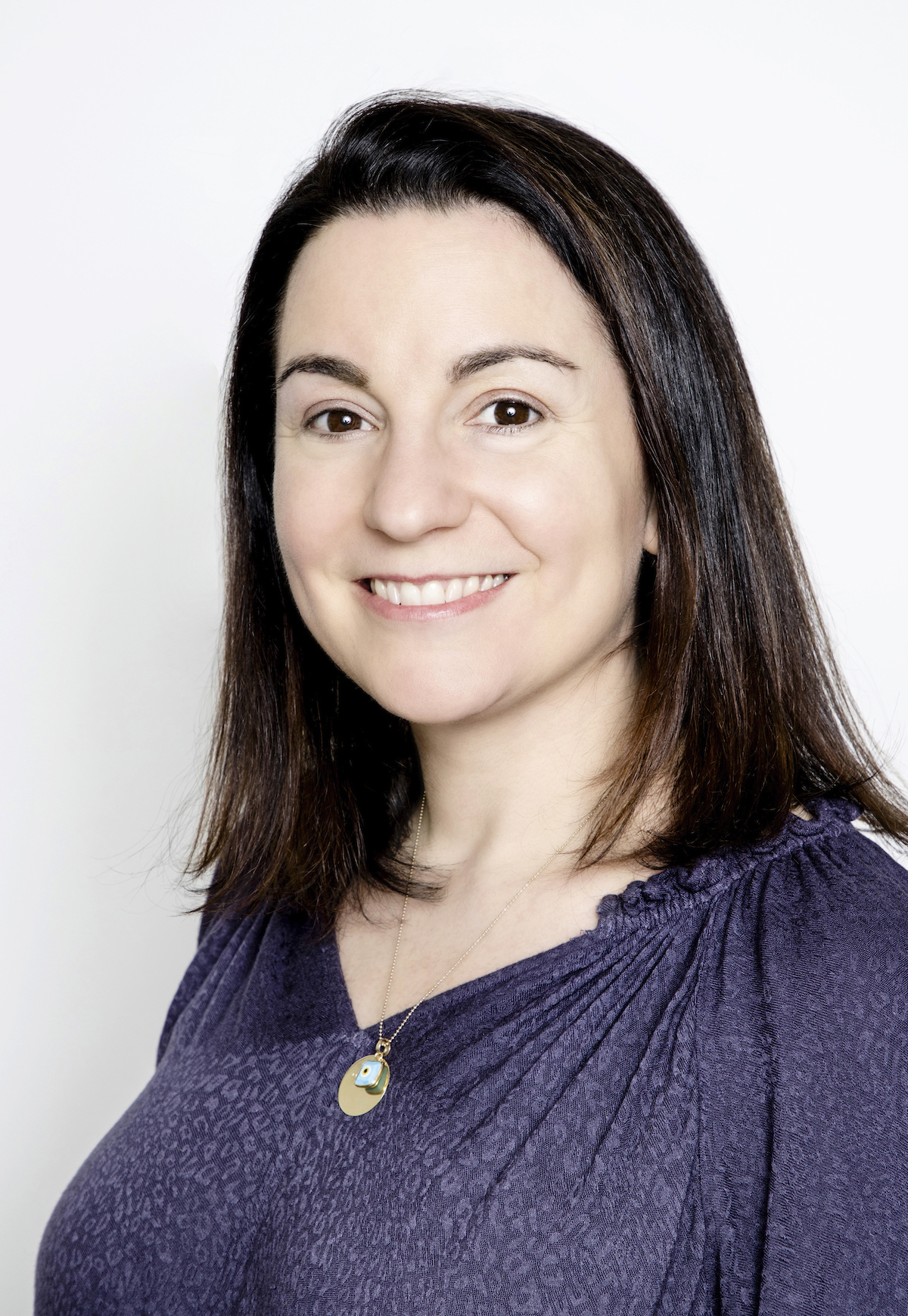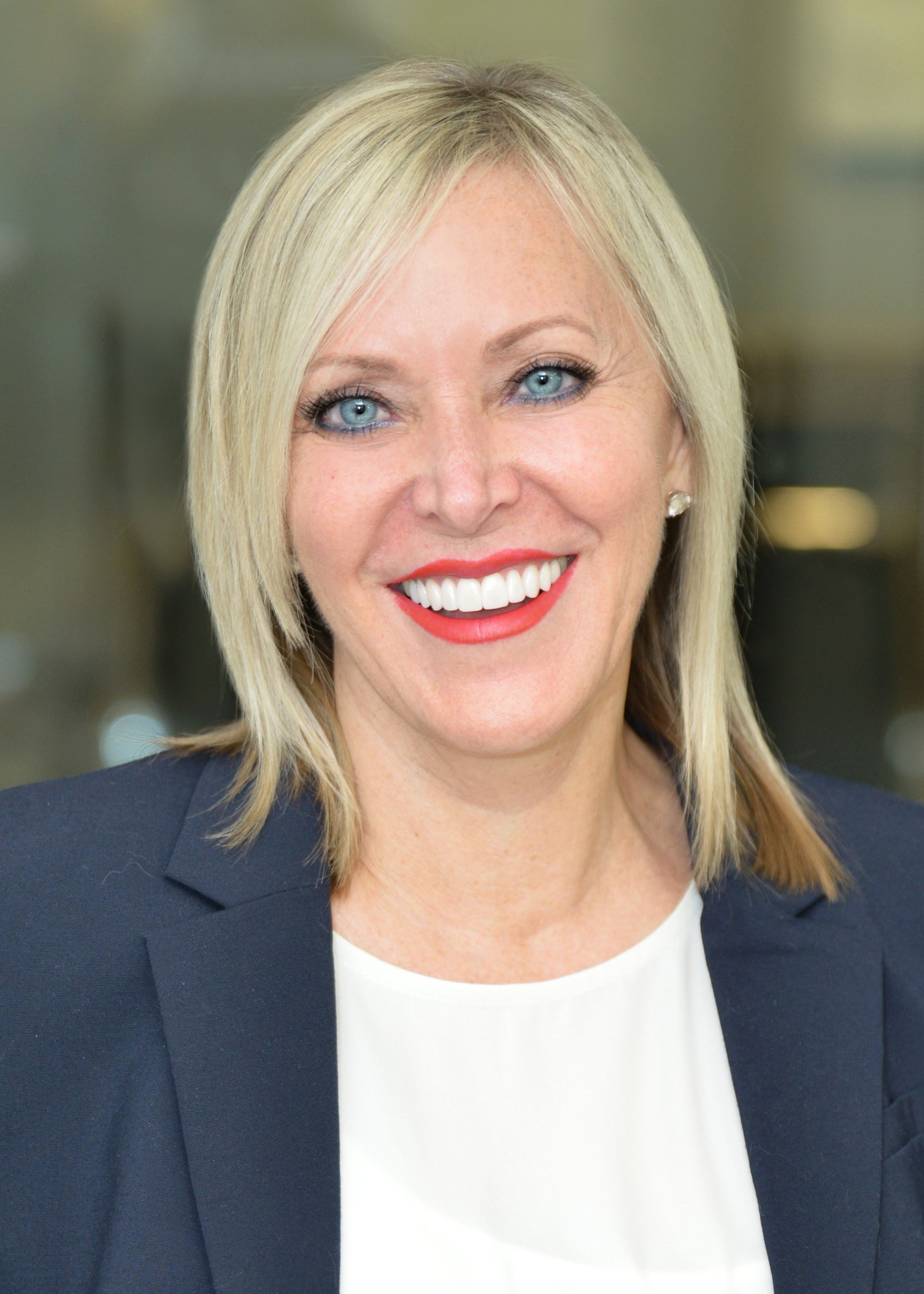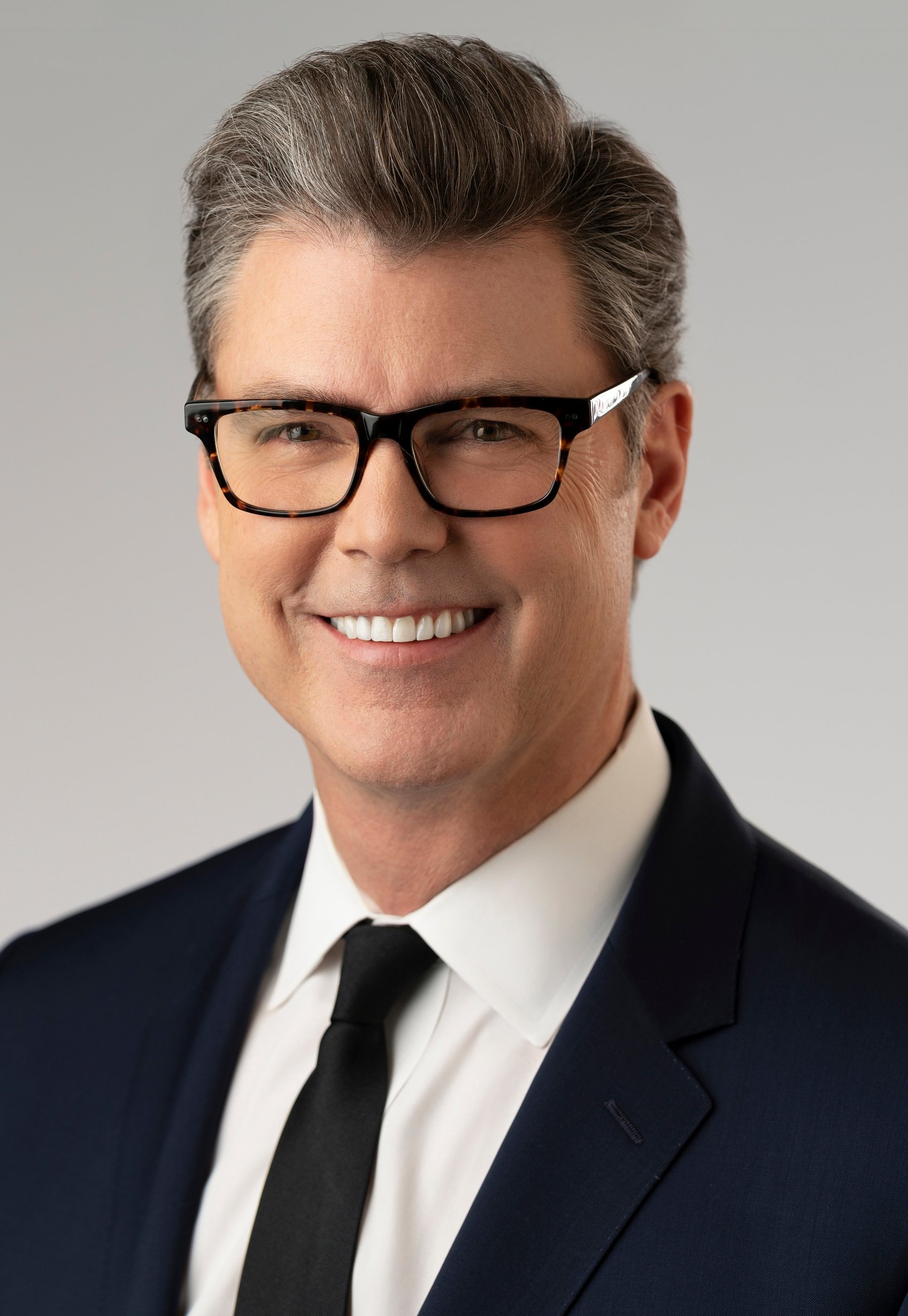The significance of referrals can’t be overstated, especially in the luxury real estate space. But it’s also critical to remember that they’re often reciprocal—clients send referrals when they’ve enjoyed great service, and agents send referrals to colleagues who have been helpful to their business. When it comes to referrals, giving contacts is as essential as receiving them.
“People have to trust you and like you, but first they have to know you exist—so be real, be yourself, and be excellent at what you do,” says Jeff Wilson, Real Estate Professional with TTR Sotheby’s International Realty. “People will respond to your authenticity and your ability. There is so much opportunity out there when you add value to people’s lives, and especially when you continue to do so after you’ve been paid.”

Danielle Wiedemann
For Danielle Wiedemann, Senior Global Real Estate Advisor and Associate Broker with Sotheby’s International Realty – Downtown Manhattan Brokerage, this holds true for both clients and fellow real estate professionals. “Find other like-minded agents doing a similar or a higher level of business than yourself, and always keep in touch with past clients. Be thoughtful, be authentic, and don’t be shy about asking for a referral.”
And never let a referral slip away. “My referrals are my top priority,” says Rony Ghelerter, Associate Broker at Atlanta Fine Homes Sotheby’s International Realty. “I immediately reach out with an introductory email, followed by a call.”
These three agents know that to benefit from referrals, they need to invest in building reciprocal relationships. Here’s how they lay the foundations for their own success by helping build success for others.
The power of the professional network
TTR Sotheby’s International Realty
“I’ve spent years networking within the Sotheby’s International Realty brand and cultivating friendships and business relationships across the country, and really around the globe,” says Wiedemann, “so I have a trusted group of agents that I feel comfortable sending my clients to.”
The goal is always to provide service to the client that’s as specific, bespoke, and white-glove as possible. “For instance,” she continues, “I have a great agent contact in Greenwich, Connecticut, but she doesn’t do a lot of business in Darien. She referred me to her go-to agent in that town, so that my client has the best, most specialized service in the area they’re searching in.”
Wiedemann has three main recommendations for building a thriving referral network of agents: Join different networking groups affiliated within your brand. “My groups tend to have a common thread—whether it’s women in real estate or top agents, there is a tie that binds,” she says. Beyond that, one-to-one contact through calls and emails is key. “Allowing fellow agents to know you as a person also allows them to feel more comfortable sharing their contacts.” Don’t underestimate the importance of happy accidents. “I met a West Coast agent several years ago at a networking event—I was able to help him set up a phone app in the time that it took for us to ride an elevator,” recalls Wiedemann. “He said that if I could do that so calmly and quickly, then I could certainly take care of his Hollywood customers in New York. He later sent me a buyer. We still keep in touch, and our initial interaction was maybe a minute long with my passing along a digital business card.” Boost real estate-adjacent businesses
Rony Ghelerter
Always make sure to refer the vendors you work with regularly when listing and selling homes, because, as Ghelerter has learned, a great rapport with these businesses can come to your rescue later on.
“This has been exceptionally helpful over the past year—when social distancing measures complicated things for many sellers, I’ve been able to get homes staged and on the market or inspections scheduled on a short turnaround due to the relationships I’ve nurtured,” she says.
“I often refer my clients to vendors when buying or selling a home. I feel it’s important when referring that it’s someone I know or have done business with, whether it’s home inspectors, stagers, or contractors.”
Promote the best of your community
Sotheby’s International Realty – Downtown Manhattan Brokerage
Luxury real estate is all about buying and selling the lifestyle—and to that end, it’s worth serving as a referral hub for all the five-star establishments in your area, because you never know when the proprietors will repay the compliment.

Jeff Wilson
“We position ourselves as our clients’ personal concierge, referring to restaurants, hotels, professional services, and of course other agents when our clients need help in markets outside of our own,” says Wilson. “We also offer this service to our agent-partners when their own clients are coming to D.C., even just for a visit. We add value wherever we can, and want people calling us first whenever they have a need for anything in the Washington area.”
Three top tips for keeping in touch Dedicate time for cultivating referrals. “During the week I set aside a part of every day to touch base with my top clients, whether through a message on Instagram, a text, or a call—everyone has their preferred method of communication,” says Wiedemann. “Over the years, clients have become friends and friends have become clients.” Stay vibrant and stay visible. “Pay attention to your sphere—they are watching you,” says Ghelerter. “It’s important to post your successes on social media, but it’s as important to post topics of interest or useful items. As my broker often says, ‘They have to see you: don’t be a secret agent!’” Centralize your referral information. “We track everything on a spreadsheet; it allows us to filter our current, upcoming, pending, and closed clients and gives us up-to-the-minute snapshots of where we stand,” says Wilson. “It also makes creating custom lists easy so we can see who we need to reach out to.” Referral success by the numbers
Atlanta Fine Homes Sotheby’s International Realty
Just how important are referrals? “This year we sold $101 million, and of that, $82 million came from repeat and referral business, which is our main focus despite having two very successful websites and two geographic markets that we pursue,” says Wilson. “Developing and maintaining client and agent-partner relationships is the foundation of our business and where we spend the majority of our time and resources.”
Ghelerter notes that referrals comprised over 85% of her own business in 2020. And Wiedemann notes that while at least 50% of her business can be attributed to happy clients referring their friends and family and another 25% comes from colleagues in her professional network, the final 25% of net-new clients discover her practice through an assortment of channels, including digital reviews.
Paying it forward by sharing referrals helps your peers now and bolsters your practice later—but best of all, it delivers the best results for your buyers and sellers. As Wiedemann says, “My clients come first and I always want to make sure that wherever they are looking to buy, sell, or rent, they are treated well and given the same level of service that they would be getting from me.”
Source: click here














